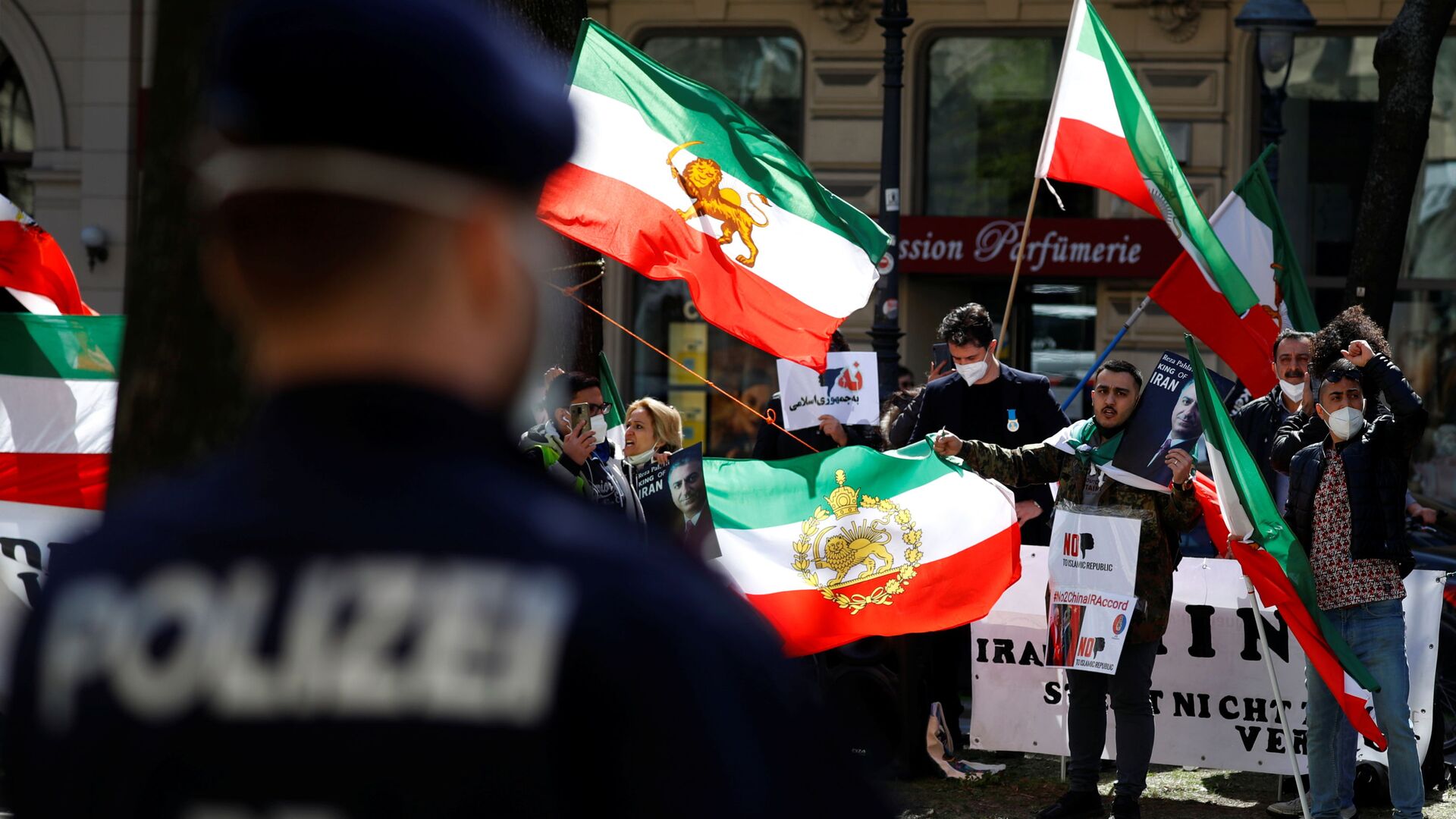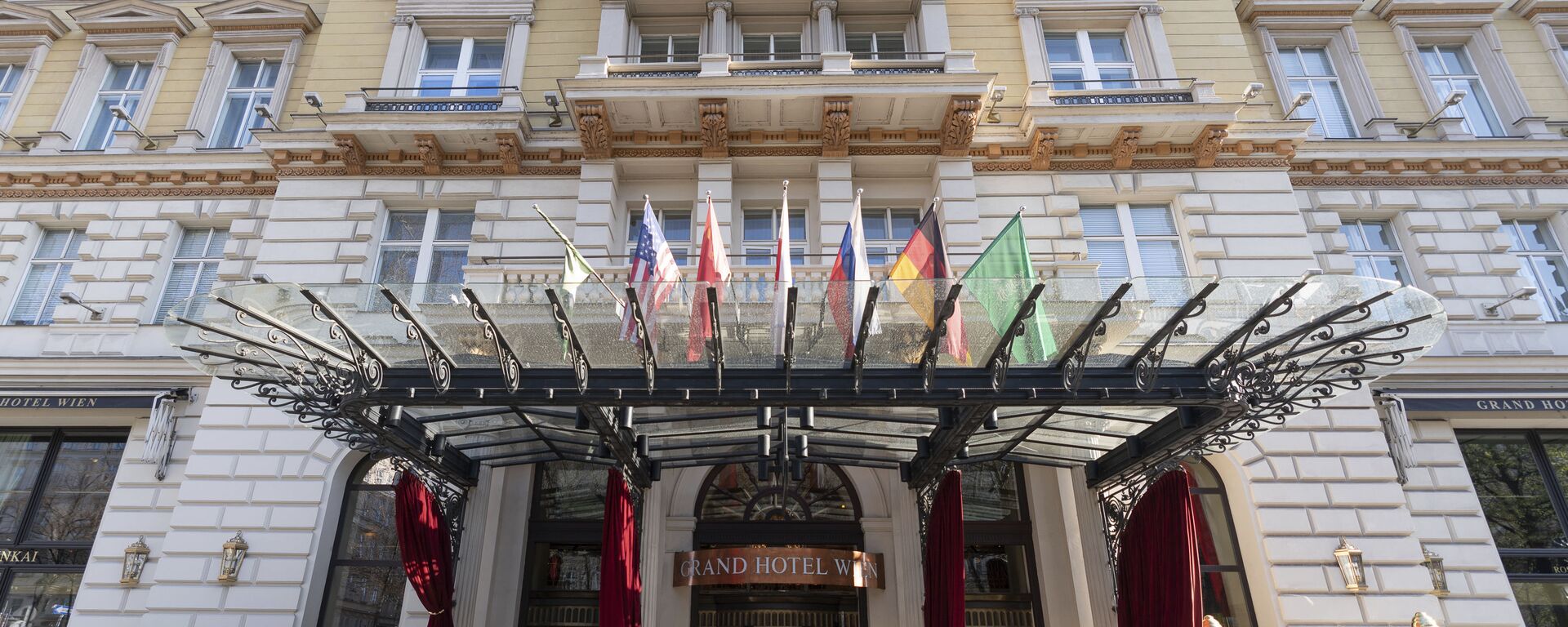Former IDF Intel Chief: New Nuke Deal ‘Will Likely Be Worse’ But May Delay Iran’s Nuclear Threat
01:25 GMT 05.11.2021 (Updated: 11:17 GMT 24.06.2024)

© REUTERS / LEONHARD FOEGER
Subscribe
Former IDF Intelligence Chief Aharon Zeevi Farkash told The Jerusalem Post on Thursday that the new nuclear deal that may be undertaken between Iran and world powers in the coming months “will likely be worse” than the 2015 deal, but would help delay Tehran’s nuclear threat until at least 2031.
Zeevi Farkash made his remarks shortly after a Wednesday announcement made by Iran's chief negotiator Ali Baqeri Kani that nuclear talks aimed at reviving the 2015 Iran nuclear deal between Iran and six other nations will resume in Vienna on November 29, according to the Post.
The negotiations in Vienna come amid mounting pressure on Iran, with Western nations warning that the country's nuclear work is advancing to dangerous levels - straying beyond the limits set by the original deal.
In a phone call with @enriquemora_ , we agreed to start the negotiations aiming at removal of unlawful & inhumane sanctions on 29 November in Vienna.
— علی باقریکنی (@Bagheri_Kani) November 3, 2021
The former IDF intelligence chief said that nuclear talks led by the European Union asserted that “even such an inferior deal is better than no deal,” and that the effort would ultimately help stall Iran’s nuclear threat.
However, he later lamented that “Iran is close to the nuclear threshold or already on the nuclear threshold.”
Under the 2015 Joint Comprehensive Plan of Action, Iran agreed to restrict its enrichment of uranium in exchange for the lifting of restrictive economic sanctions, and was allowed to retain a very limited number of its advanced centrifuges that would help facilitate the production of material needed for a nuclear weapon.
Former US President Donald Trump abandoned the nuclear deal in 2018 and re-imposed sanctions on Iran after failing to get Iran to agree to provisions to curb its ballistic missile programme and end its involvement in regional conflicts.Trump largely justified the US’ departure from the deal by later stating that Iran had violated the agreement’s stipulations.
As part of a return to the deal, the Biden administration has reportedly shown some additional flexibility regarding which sanctions it would remove.
Zeevi Farkash, however, hopes that the US and world powers will press for a longer and stronger add-on to the deal so that the nuclear limits can be extended beyond 2031.
“Iran understands that the US will agree” that it does not need to backtrack to the 2015 deal limits of using older IR-1 centrifuges, but “will allow advanced centrifuge enrichment at a rate of three, four or even five times faster.”
Former Mossad Iran Desk official and current INSS Fellow Sima Shine reportedly said she felt there was a higher chance that there would be no deal, and that Iran would continue to advance its nuclear program.
“Iran’s positions are extremely tough and they have very vehement demands. I do not know if maybe the talks will immediately blow up or they might encounter issues in later rounds, but the US will not be able to meet [Iran’s current] demands.”
The former Mossad official further questioned whether Iranians were just dragging things in order to hold recurring meetings, and to eventually issue unacceptable demands.
Zeevi Farkash, on the other hand, believes that Iran has not made a decision to cross the threshold, and that they may avoid making such a decision that would draw military backlash.

